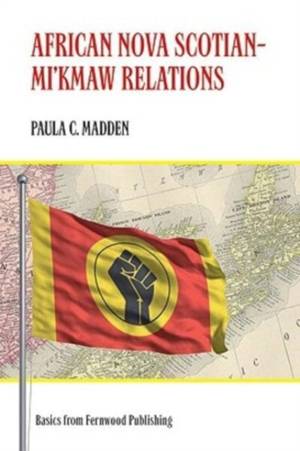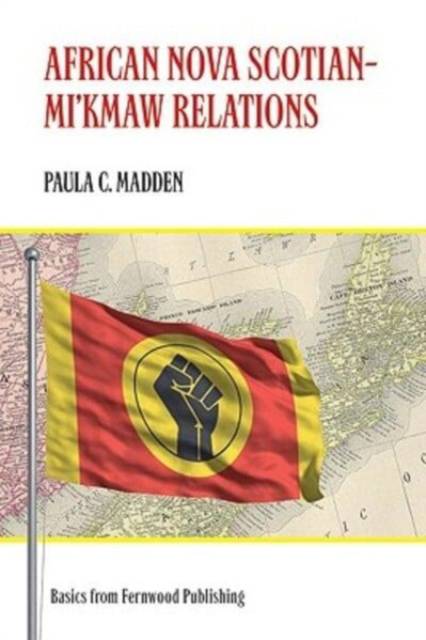
Je cadeautjes zeker op tijd in huis hebben voor de feestdagen? Kom langs in onze winkels en vind het perfecte geschenk!
- Afhalen na 1 uur in een winkel met voorraad
- Gratis thuislevering in België vanaf € 30
- Ruim aanbod met 7 miljoen producten
Je cadeautjes zeker op tijd in huis hebben voor de feestdagen? Kom langs in onze winkels en vind het perfecte geschenk!
- Afhalen na 1 uur in een winkel met voorraad
- Gratis thuislevering in België vanaf € 30
- Ruim aanbod met 7 miljoen producten
Zoeken
€ 19,45
+ 38 punten
Omschrijving
Reflecting on two different communities that have been displaced throughout history, this outline reveals the harsh treatment suffered by both the Mi'kmaq people and the African Nova Scotians. Highlighting how the Mi'kmaq were dispossessed of their lands and, since the early 1820s, confined to reserves, this in-depth exploration also shows how the African Nova Scotians have been robbed of their homes--settlements that were originally granted to them by white colonial governments. In spite of this common ground, this emboldened examination sheds light on these cultures' distinct ideas regarding several concepts, thereby illustrating what draws them together and what keeps them apart. The role of the Human Rights Commission is also explored along with crucial aspects of cultural identity, including interviews with citizens from both groups. Providing an innovative assessment of ethnic relations and indigenous studies, this is an invaluable source of constructive dialogue on these aspects within the history of colonialism.
Specificaties
Betrokkenen
- Auteur(s):
- Uitgeverij:
Inhoud
- Aantal bladzijden:
- 128
- Taal:
- Engels
- Reeks:
Eigenschappen
- Productcode (EAN):
- 9781552663233
- Verschijningsdatum:
- 19/02/2010
- Uitvoering:
- Paperback
- Formaat:
- Trade paperback (VS)
- Afmetingen:
- 152 mm x 229 mm
- Gewicht:
- 181 g

Alleen bij Standaard Boekhandel
+ 38 punten op je klantenkaart van Standaard Boekhandel
Beoordelingen
We publiceren alleen reviews die voldoen aan de voorwaarden voor reviews. Bekijk onze voorwaarden voor reviews.









